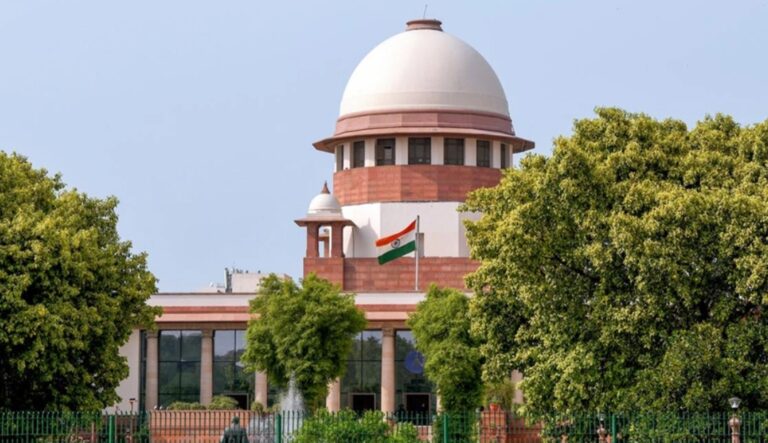The Supreme Court of India is poised to deliver an important ruling that could reshape the compliance landscape for charitable and religious institutions across the country. The case concerns whether registration of a trust under Section 12AA of the Income Tax Act, 1961 — which recognizes it as a charitable entity eligible for income-tax exemption — automatically entitles it to approval under Section 80G, enabling donors to claim tax deductions on their contributions.
Currently, these two approvals serve distinct purposes: Section 12AA (now Section 12AB) pertains to the trust’s own tax-exempt status, while Section 80G benefits the donors, allowing them to reduce their taxable income through verified charitable donations. However, several High Courts, including the Chhattisgarh High Court in the case of Commissioner of Income Tax (Exemptions), Bhopal v. Dignity Education Society, have held that once a trust is validly registered under Section 12AA, its 80G application should ordinarily be granted unless registration is revoked.
The Revenue Department has challenged this interpretation, maintaining that each 80G application must undergo independent scrutiny to ensure that the trust’s activities remain charitable and not for the benefit of any particular religious community or caste. The Supreme Court’s verdict will thus determine whether the two approvals are inherently connected or require separate, case-specific examination — a decision likely to have far-reaching implications for both charitable institutions and taxpayers seeking deduction benefits.
Parties & Bench
- Petitioner: Commissioner of Income‑tax (Exemptions), Bhopal (Income Tax Department)
- Respondent: Sadhumargi Shantkranti Jain (Chhattisgarh & Orissa) Society (the trust/ society)
- Bench: Justices J. B. Pardiwala and K. V. Viswanathan
Facts of the Case
- The trust was registered under Section 12AA of the Income-tax Act (recognising it as an institution entitled to income-tax exemption).
- The trust applied for approval under Section 80G(5) so that donors could claim deductions for donations made to the trust.
- The CIT (Exemptions) rejected the 80G application on the ground that the trust’s activities were “partly religious” (i.e., not purely charitable in the sense required by Section 80G).
- On appeal, the Income‑tax Appellate Tribunal (ITAT), Raipur, allowed the trust’s 80G application reasoning that since 12AA registration was valid, the trust should be granted 80G.
- The trust’s 12AA registration had not been cancelled; thus, the High Court (Chhattisgarh) upheld ITAT’s decision. The Revenue challenged this in the SC.
Legal Questions / Issues
- Does registration under Section 12AA automatically entitle a trust to 80G approval (and hence enable donor tax deduction)?
- Or is a separate, independent examination required under Section 80G (5) to verify the trust’s objects, activities, and whether it is exclusively charitable (or not serving a particular community/caste) before granting donor deduction benefit?
- If a trust is partly religious (or serves a specific religion/community) — how does that affect eligibility under 80G despite valid 12AA registration?
Arguments
- Revenue (Income Tax Department):
- Contended that 12AA registration alone cannot guarantee 80G approval because 80G has separate statutory conditions (for example: the trust should not be for the benefit of a particular religious community, caste, etc).
- Emphasised that every 80G application needs fresh scrutiny of the trust’s activities, even if 12AA registration exists.
- Trust / Respondent:
- Argued that once 12AA registration is valid, and no adverse findings have been made, the trust should ordinarily be granted 80G approval as a corollary — thereby reducing litigation.
What the SC Has Done So Far
- SC has issued notice to the Revenue, meaning the matter will be heard on merits.
- The Court noted that “the nature of the trust’s work whether charitable or religious is a relevant factor for deciding eligibility under Section 80G”.
Implications & What to Watch
- If SC rules that 12AA registration automatically entitles 80G approval, many trusts will gain donor-deduction eligibility without fresh scrutiny — may ease compliance.
- If SC upholds that separate examination is essential, it reinforces the need for trusts to maintain strict compliance with 80G conditions and donors to verify 80G status.
- Pending the decision, trusts with 12AA registration but lacking 80G approval remain in a grey zone — donors might not safely claim deduction.
- Also, jurisprudence around whether an entity being “religious” or “charitable” for the purpose of 80G remains critical.
